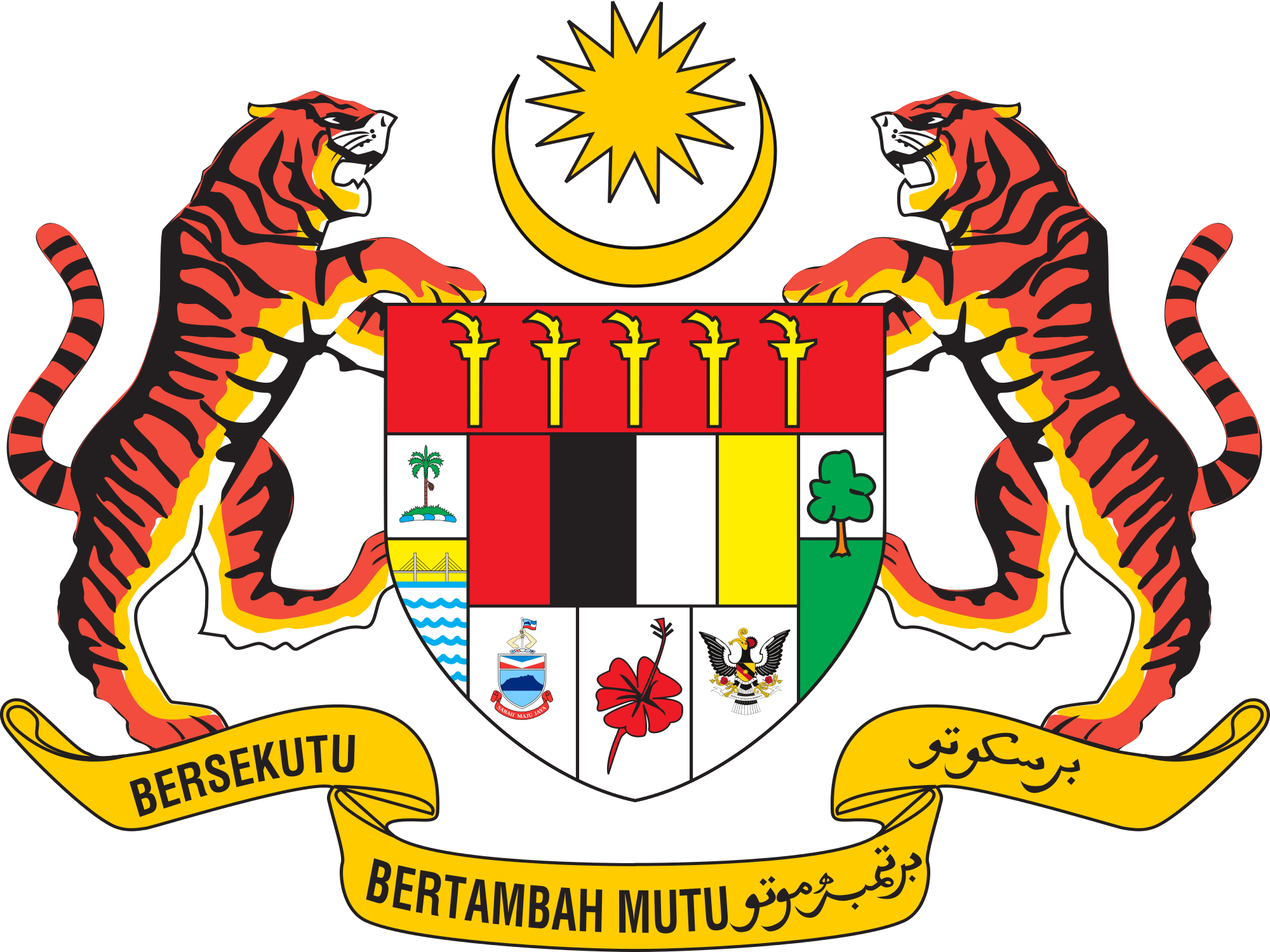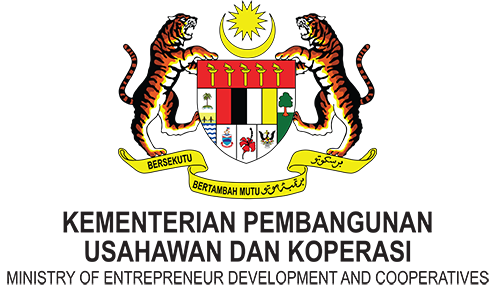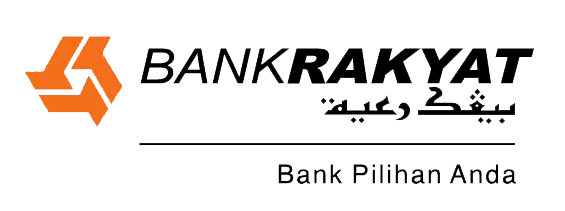SME Corp CEO Datuk Hafsah Hashim
KUALA LUMPUR: SME Corporation Malaysia (SME Corp) is aiming for 100,000 small and medium enterprises (SMEs) to utilise the digital payment method or cashless transactions by year-end.
Chief Executive Officer Datuk Hafsah Hashim said to date, there are 7,000 SME merchants participating in online businesses, propelled by initiatives such as Axiata Digital Services Sdn Bhd’s electronic wallet (e-wallet), Boost.
“SMEs will definitely benefit from going cashless as it will improve their operational efficiency, reduce administrative costs and enjoy faster access when collecting payments,” she told a press conference here today.
She said this following the signing of a memorandum of understanding between SME Corp and RHB Bank Bhd, aimed at driving Malaysian SMEs towards a cashless society.
The collaboration includes RHB Bank appointing SME Corp as JomPAY Agent, the first such appointment in the country, to champion cashless initiatives among the SMEs.
JomPAY is Malaysia’s national bill payment scheme established and operated by Payments Network Malaysia Sdn Bhd. With JomPAY, bank customers can pay any registered biller via the Internet, mobile banking or automated teller machines by drawing funds from current, savings or credit card accounts.
Hafsah said RHB Bank and SME Corp would reach out to the SMEs with the aim of migrating them to a more efficient digital payments ecosystem.
“The SMEs will also be able to have direct access to various cashless options via SME Corp which will be updated regularly by both RHB Bank and PayNet,” she said.
Meanwhile, on other developments, RHB Banking Group, Group Managing Director, Datuk Khairussaleh Ramli said the bank aimed to grow its SME loans to 9.6% and raised its SME market share to 9.2% by year-end. In financial year 2017, the group’s SME loan growth stood at 8.8%, ahead of the industry’s 6.3% growth.
“A total of 20% of the group’s loans is expected to be contributed by SME financing by 2022,” said Khairussaleh.
He added the bank had an SME market share of nine per cent in 2017 compared with 8.7% in 2015 and 7% in 2014. - Bernama






















